Cases Company FLOWTH
CASE 1
Acquisition and integration in the telecommunications sector
A German private equity-financed group in the telecommunications sector acquires a family-run SME from Wallonia that is active in several countries. The acquirer wants to integrate the acquired company into the group and is aware of the major differences in company culture and organization.
The family-run SME from Wallonia is very successful. The acquisition therefore brings great uncertainty.
Because its structure, functions, roles, systems, decision-making and processes are very different from that of the structure and culture of the group, the first step is to bring together employees whose roles are very similar. This allows the SME employees to personally get to know the group employees, their ways of working and their systems.
Best practices are exchanged. Now and again, sessions are organised or parties held, both at the group’s and the SME’s locations. Step by step it becomes clear how the SME employees can mould their role to fit into the group’s organization.
The ways of working and systems are aligned without losing the unique identity of the SME.
The result?
Mutual appreciation and recognition, adoption of best practices for the group, and a personal peer-to-peer network create a shared path forward: FLOWTH.

“Because the organic nature of the family-run SME was miles away from the systematic structure of our group, bringing the two together was a real challenge. With FLOWTH we were able to create a smooth integration. Insecurity and fear were creating a damaging undercurrent. By being able to see and acknowledge that undercurrent, we were already halfway there.”
Lodewijk, COO
Do you live a similar case?
Are you looking to share and discuss your case?
We love to inspire you!

CASE 2
Growth company
A small SME has been growing rapidly over the last few years. The entrepreneurial couple put their heart and soul into their business. But long-term the company will take over their entire lives. The enormous amount of pressure on their shoulders is also putting their job satisfaction at risk. The question is raised: how to strengthen their team with, for example, an assistant to support the manager or someone to help with coordination.
A scan of the organization’s business processes, decision-making and division of roles and responsibilities clearly shows that the company can continue to grow by giving more ownership to the current employees.
Operational decisions and practical planning and coordination can be taken on by the operational staff. This removes the overload of day-to-day concerns from the entrepreneurs and frees them up to focus instead on structural and strategic matters.
Along with the further digitalisation of the company, care is taken to ensure that the entrepreneurial couple can still keep a finger on the operational pulse.
The result?
No need to resort to hiring extra support or assistants, instead more autonomy for the operational employees. More job satisfaction and opportunity for further growth: FLOWTH.

“The questions Luc asked us focussed us on the essence of our entrepreneurship. We were able to take a step back, redefine our own role and at the same time grant our employees more ‘smart trust’ based on a new division of roles and responsibilities.”
Femke, manager
Do you live a similar case?
Are you looking to share and discuss your case?
We love to inspire you!




